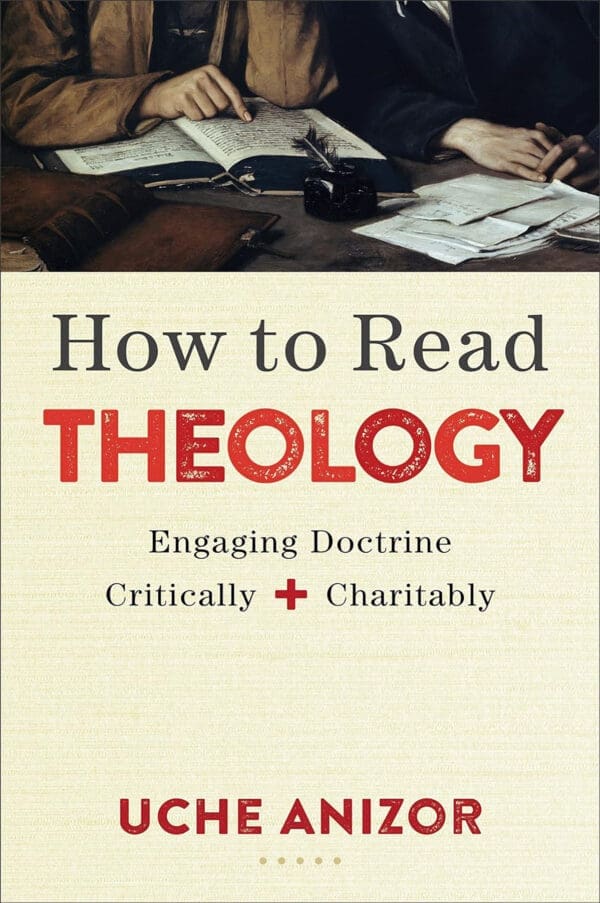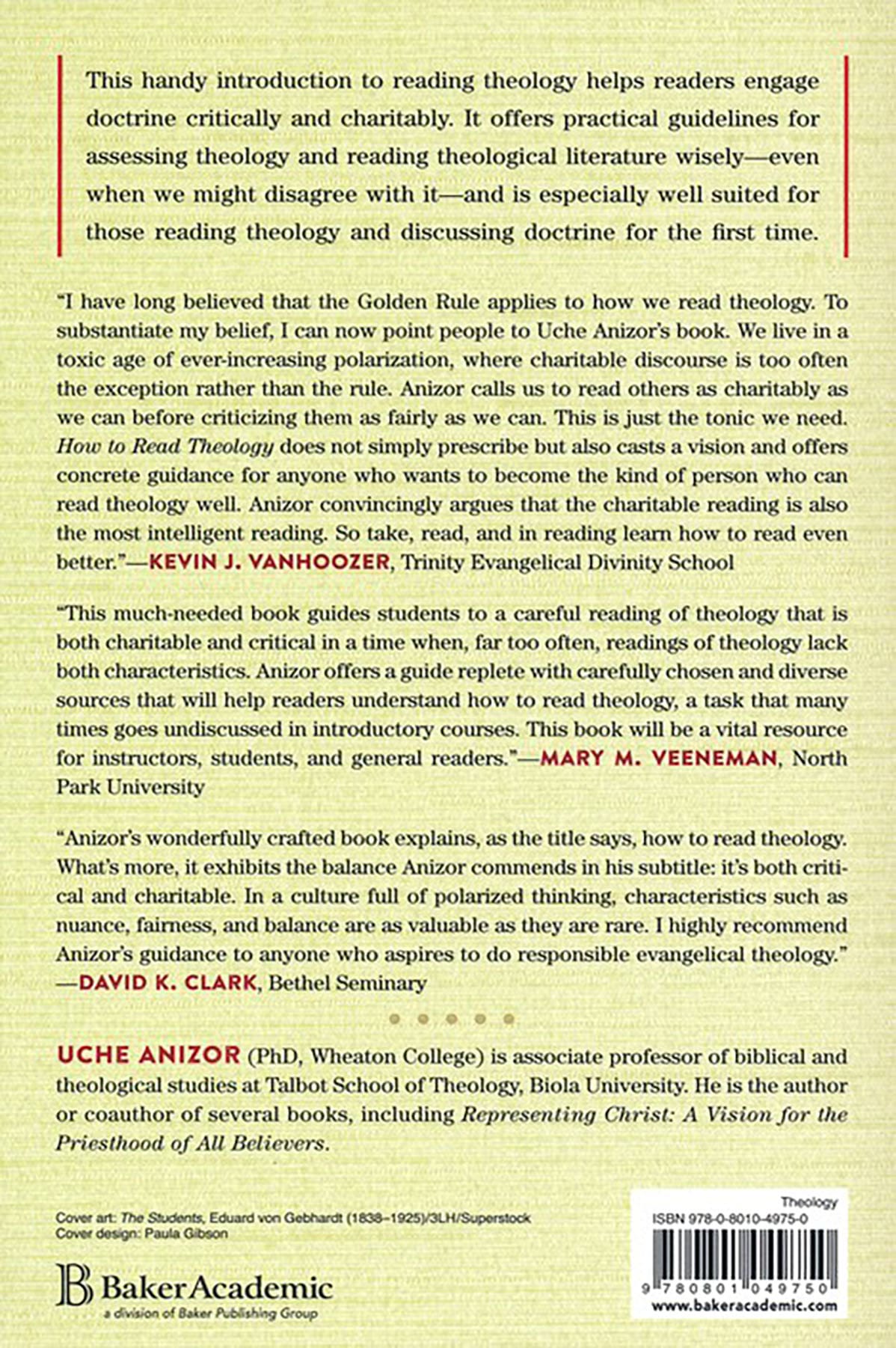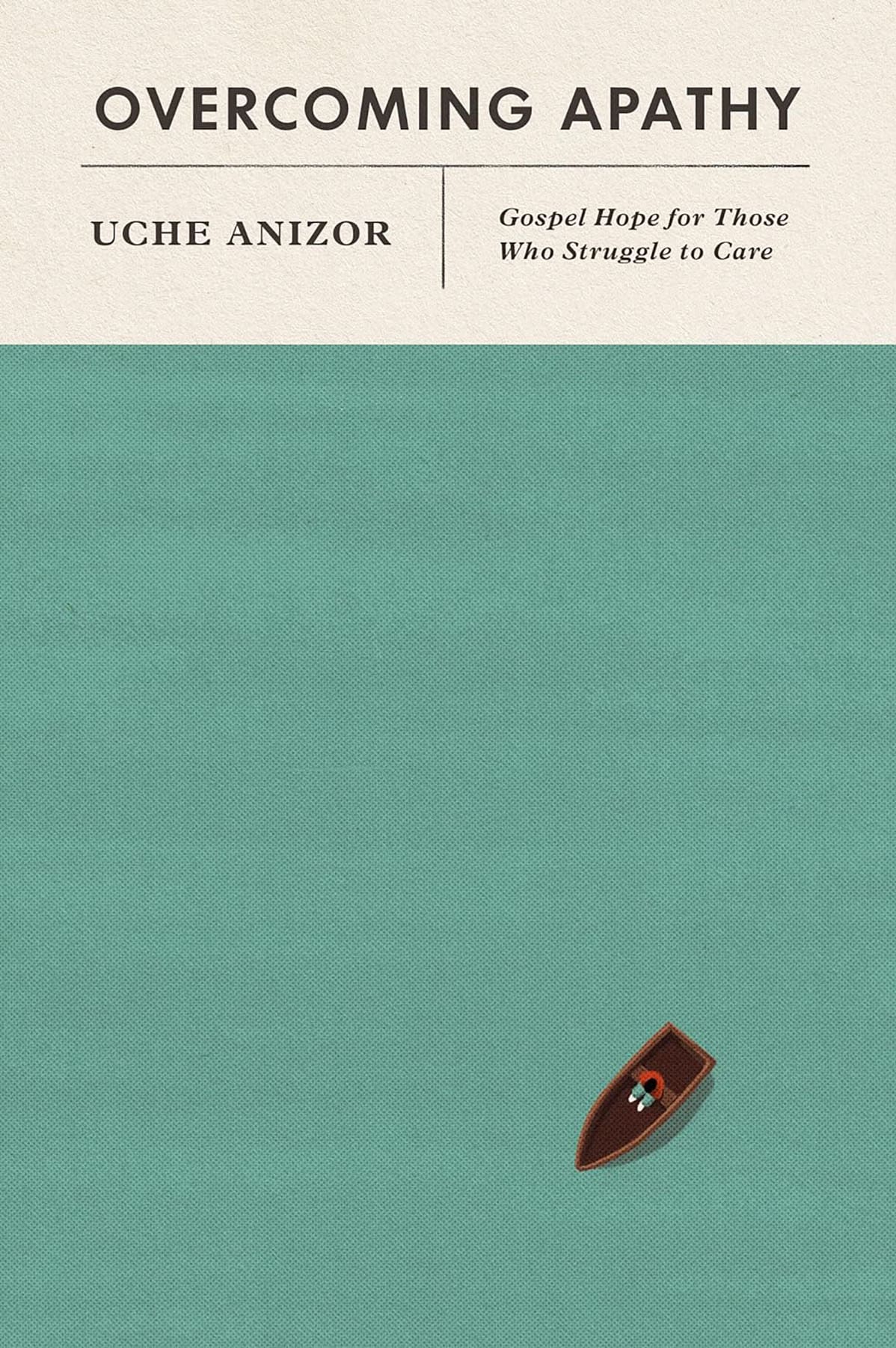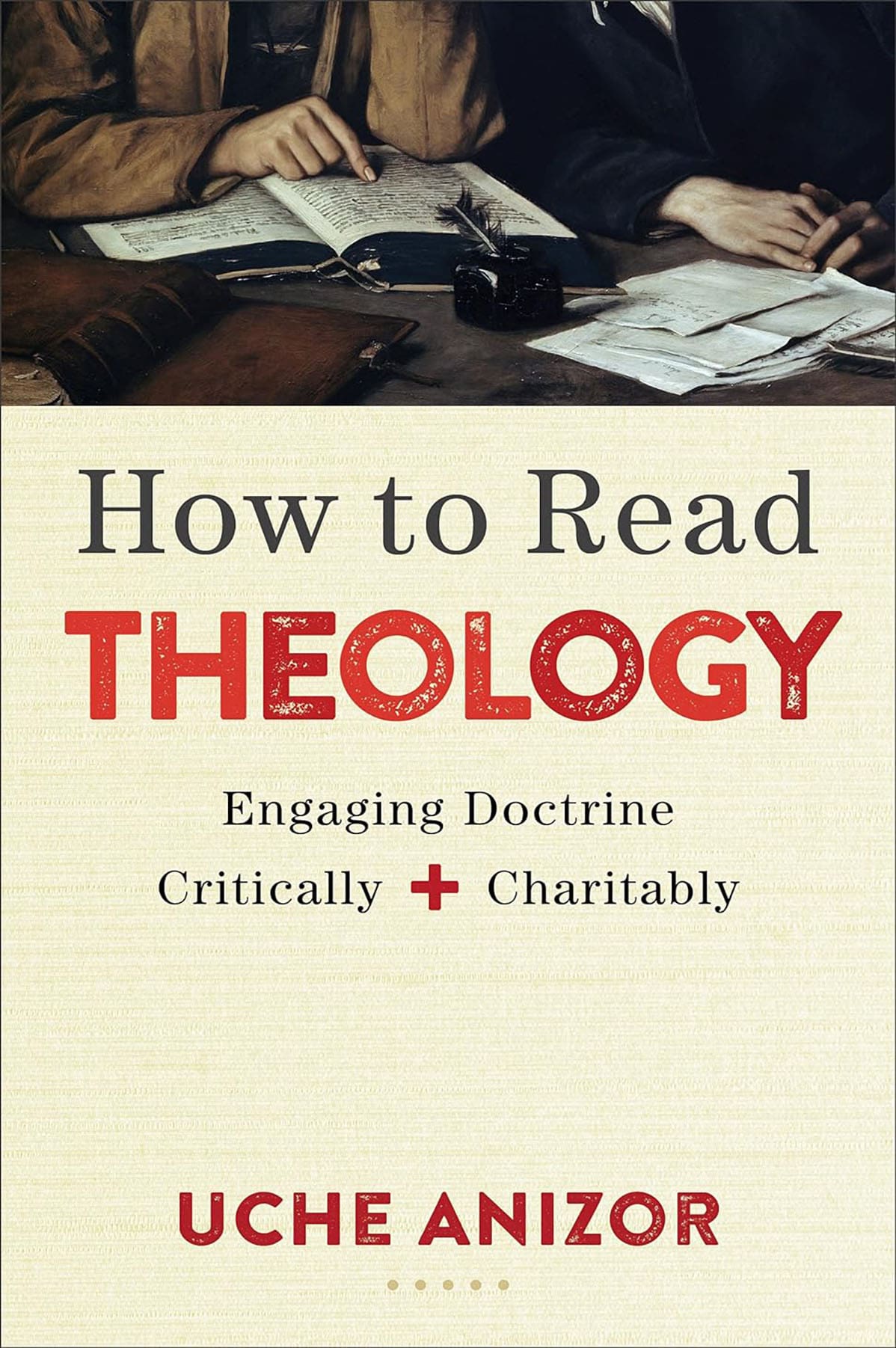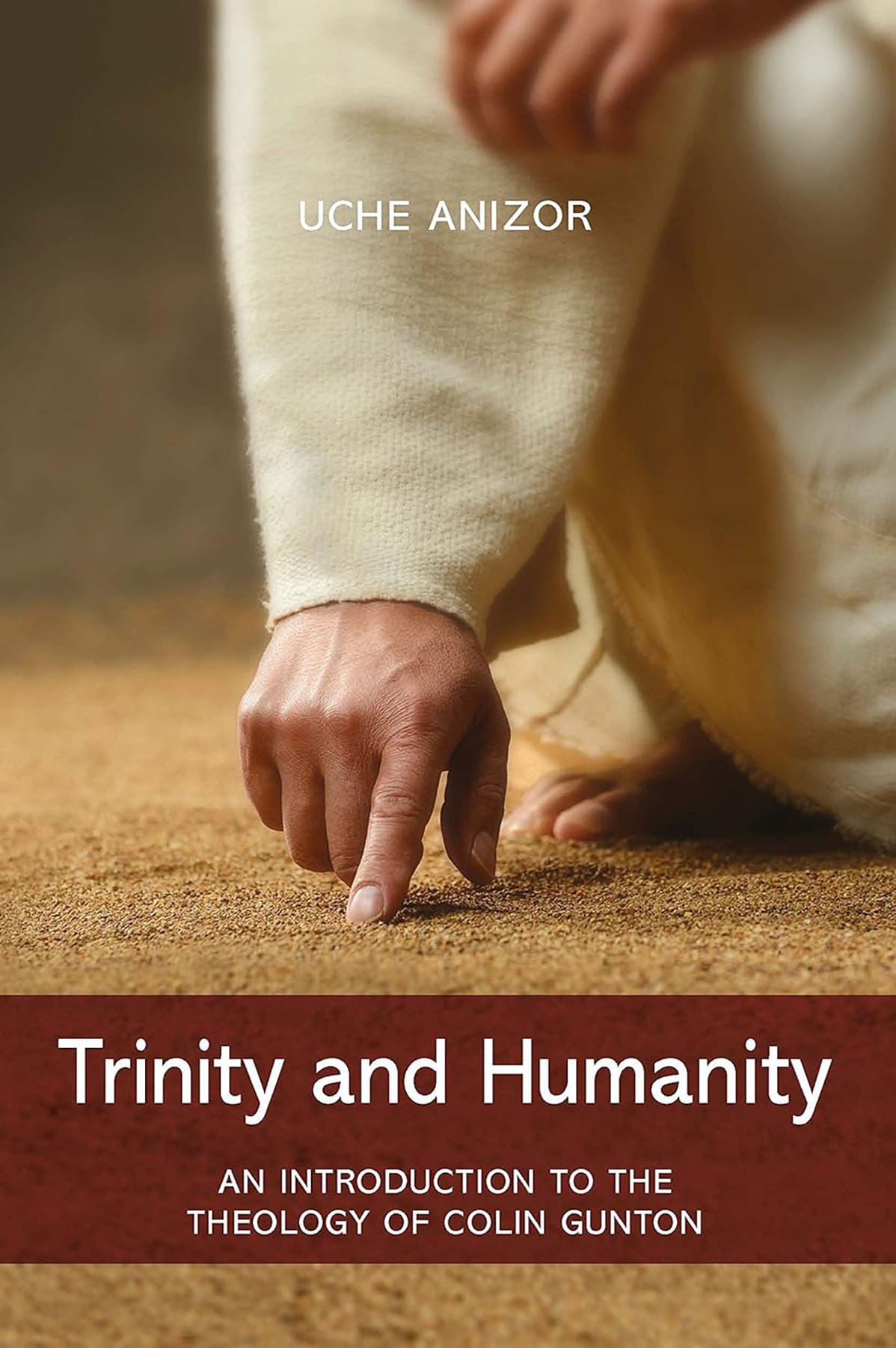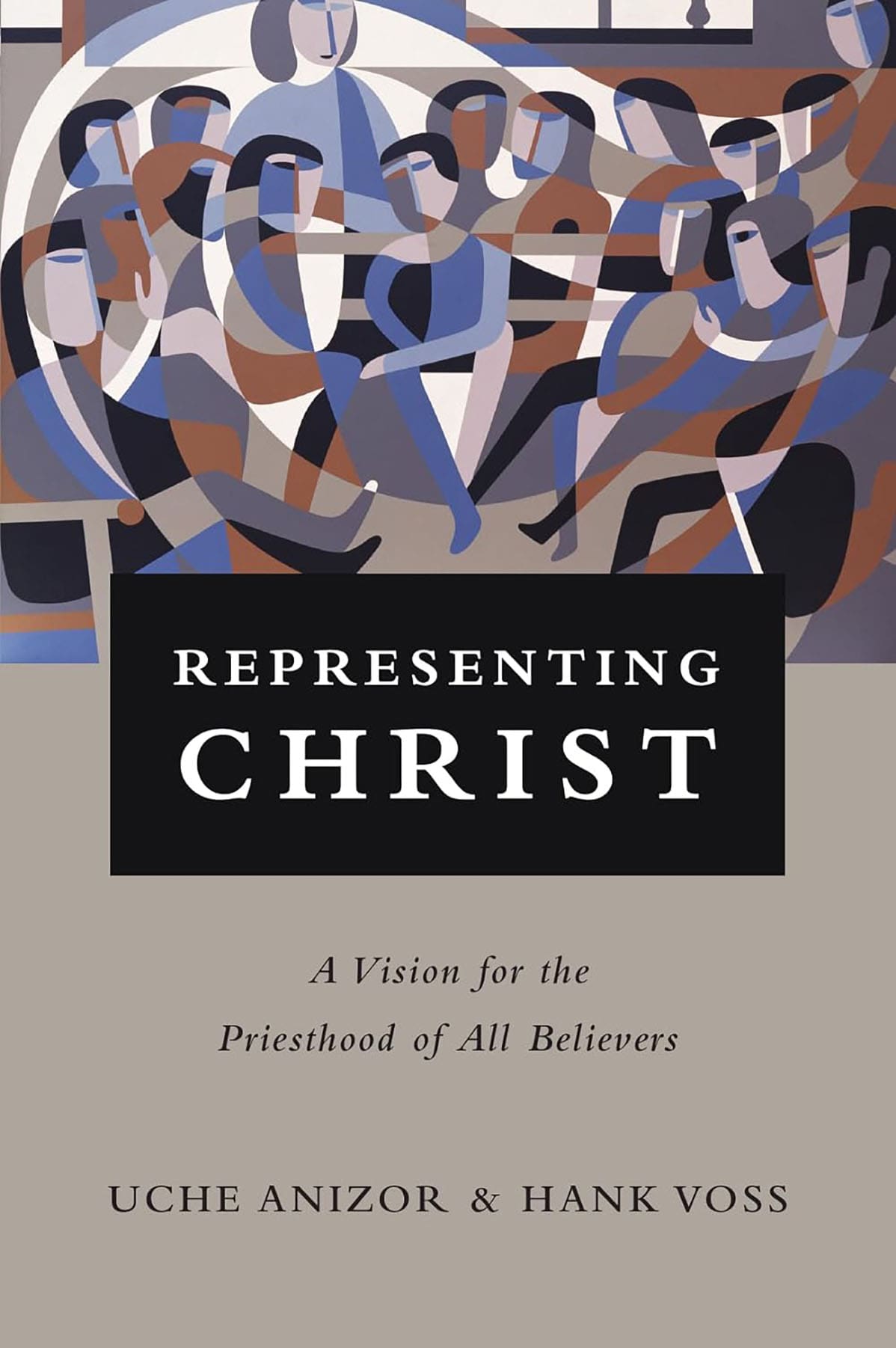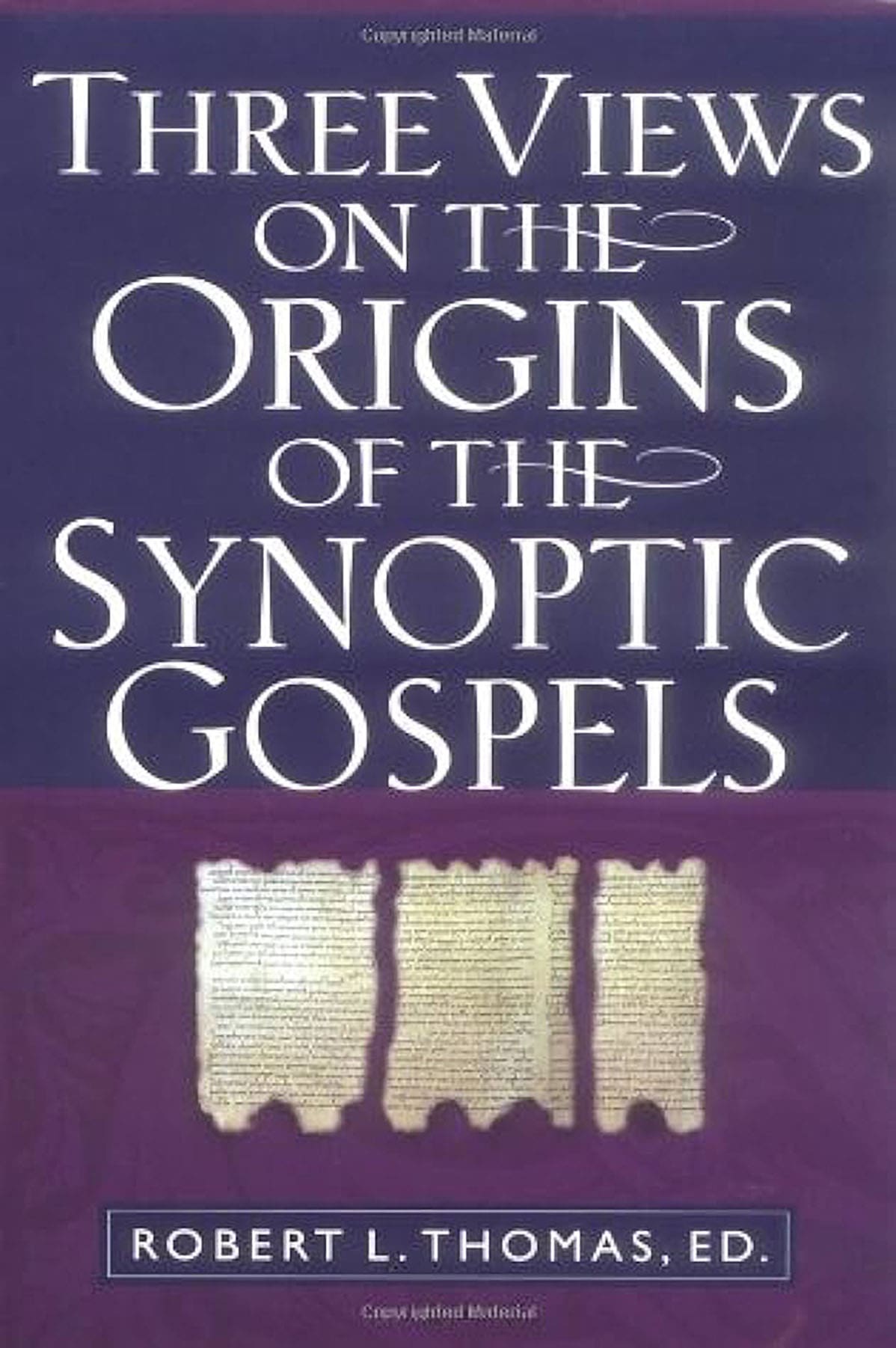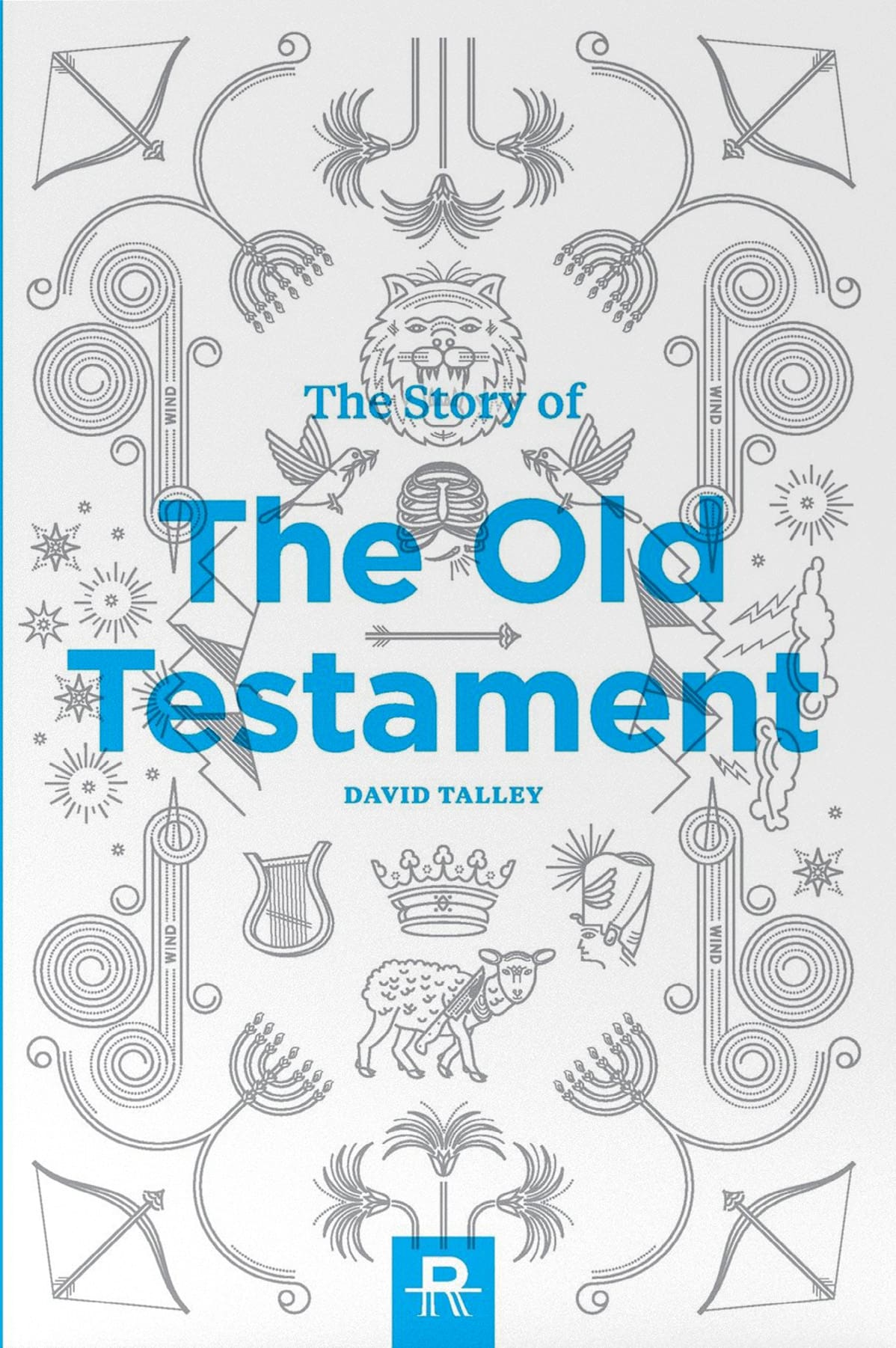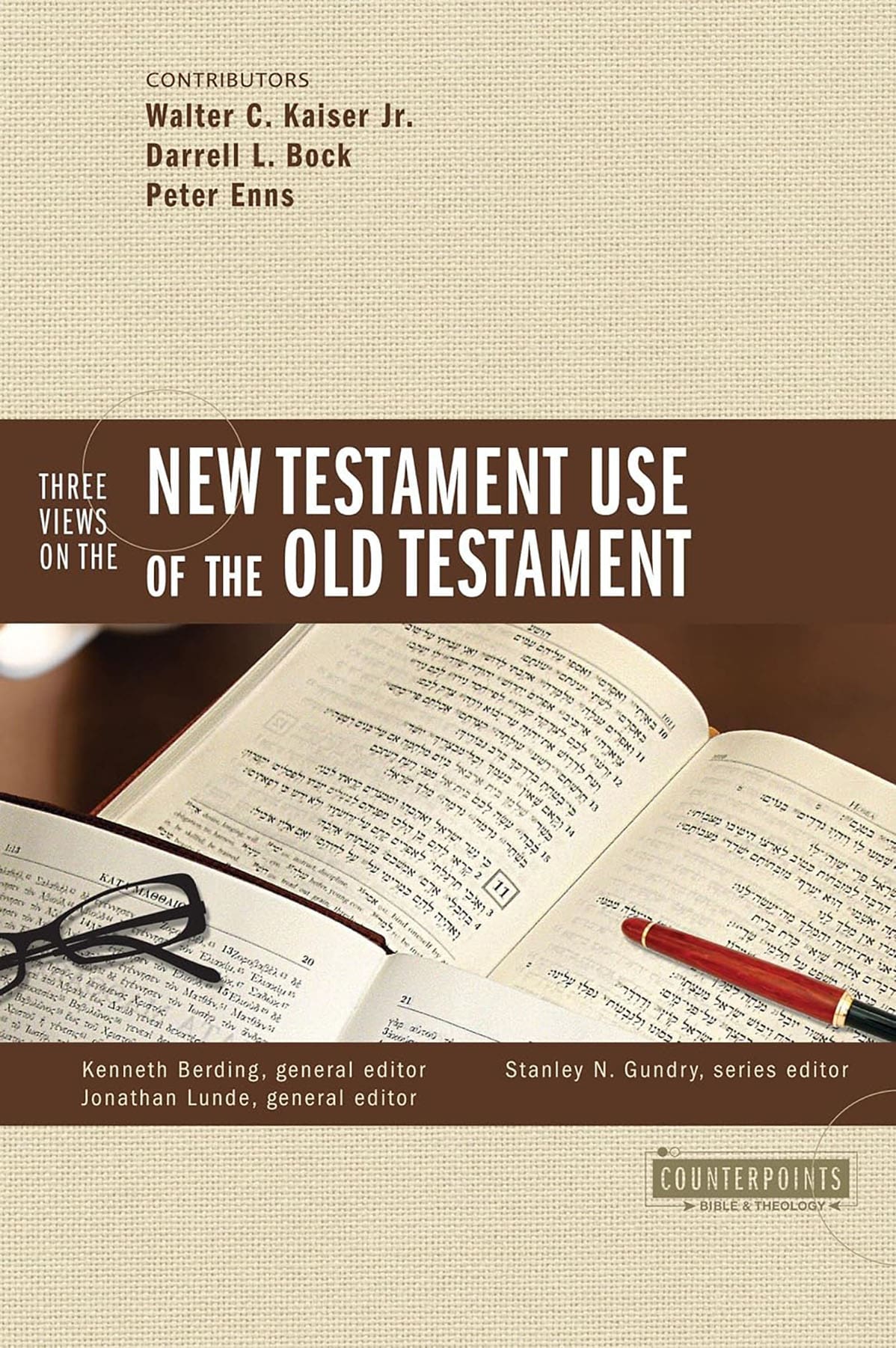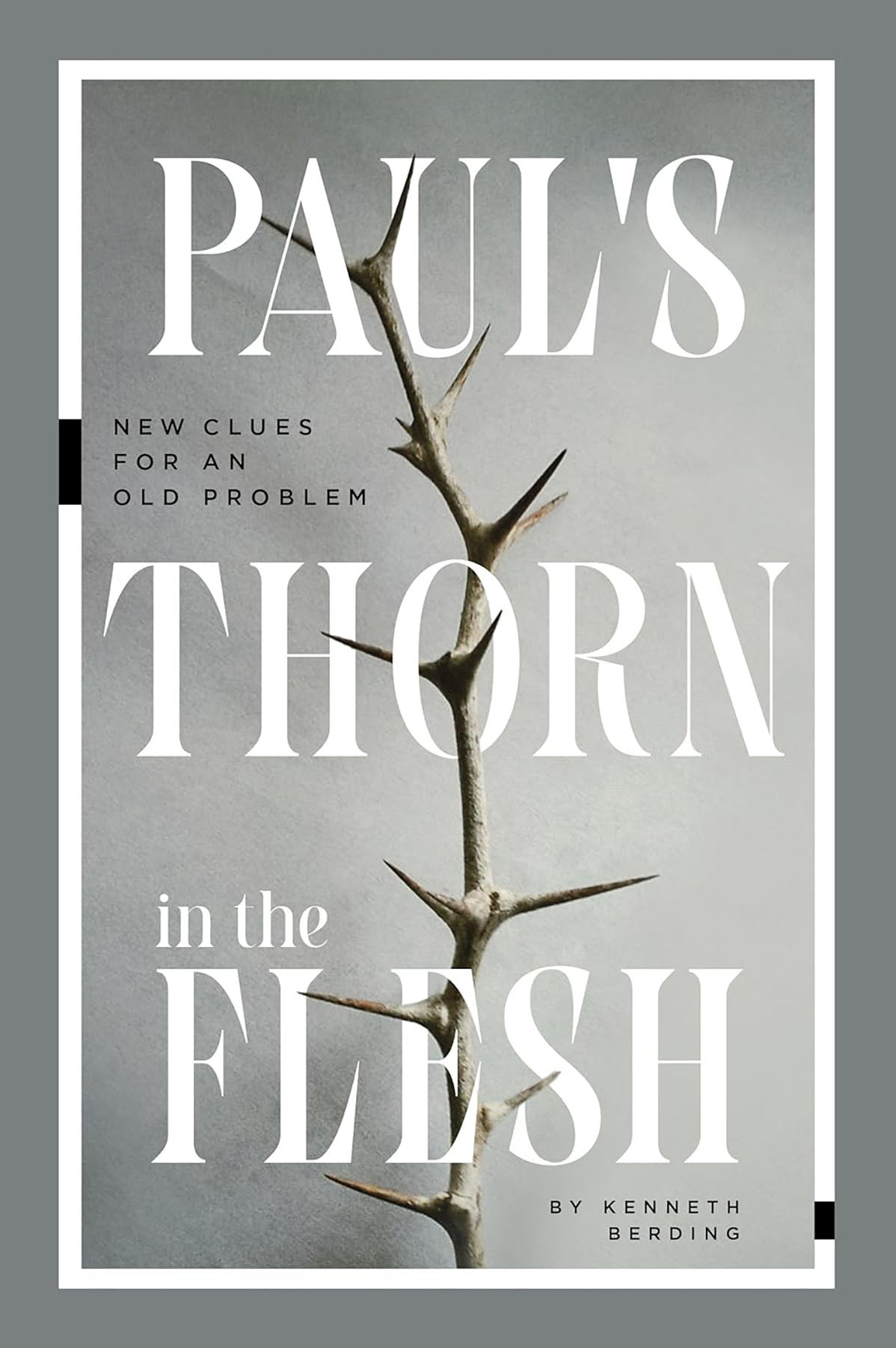This handy, accessible introduction to reading theology helps readers engage doctrine critically and charitably. It serves as a primer to theological texts, offering practical guidelines for assessing theology and equipping the next generation of pastors and theologians to read theological literature wisely—even when they might disagree with it. An ideal theology textbook, it is especially well suited for students reading theological literature and discussing doctrine for the first time.
Editorial Reviews
“I have long believed that the Golden Rule applies to how we read theology. To substantiate my belief, I can now point people to Uche Anizor’s book. We live in a toxic age of ever-increasing polarization, where charitable discourse is too often the exception rather than the rule. Anizor calls us to read others as charitably as we can before criticizing them as fairly as we can. This is just the tonic we need. How to Read Theology does not simply prescribe but also casts a vision and offers concrete guidance for anyone who wants to become the kind of person who can read theology well. Anizor convincingly argues that the charitable reading is also the most intelligent reading. So take, read, and in reading learn how to read even better.”
Kevin J. Vanhoozer, Trinity Evangelical Divinity School
“This much-needed book guides students to a careful reading of theology that is both charitable and critical in a time when, far too often, readings of theology lack both characteristics. Anizor offers a guide replete with carefully chosen and diverse sources that will help readers understand how to read theology, a task that many times goes undiscussed in introductory courses. This book will be a vital resource for instructors, students, and general readers.”
Mary M. Veeneman, North Park University
“Anizor’s wonderfully crafted book explains, as the title says, how to read theology. What’s more, it exhibits the balance Anizor commends in his subtitle: it’s both critical and charitable. In a culture full of polarized thinking, characteristics such as nuance, fairness, and balance are as valuable as they are rare. I highly recommend Anizor’s guidance to anyone who aspires to do responsible evangelical theology.”
David K. Clark, Bethel Seminary

